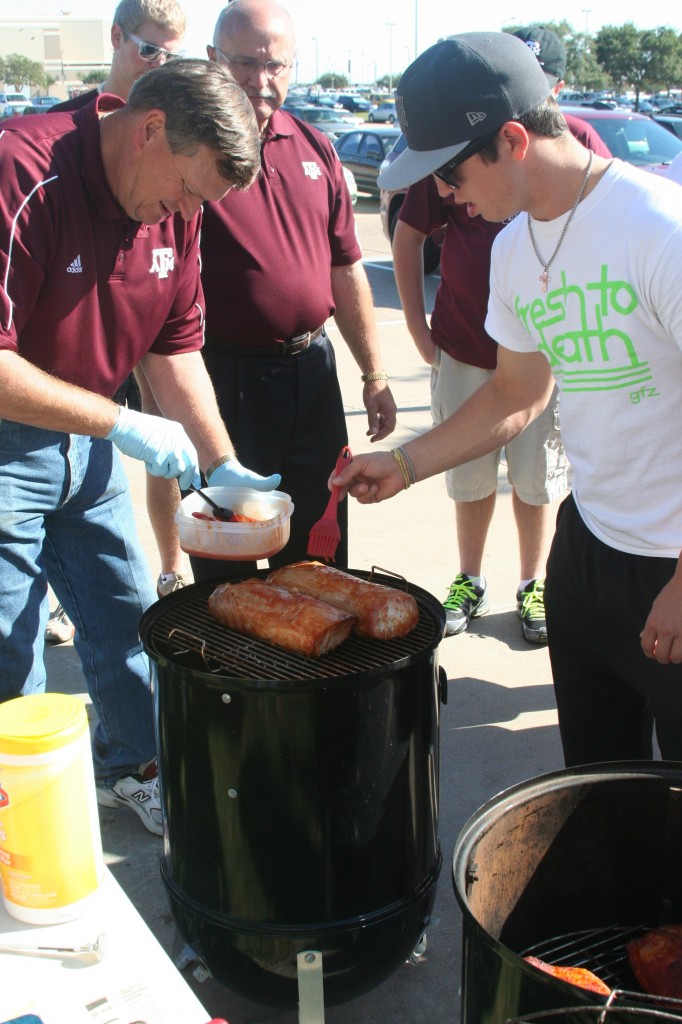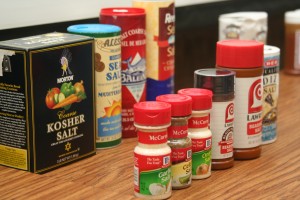
Seasonings
Flavor is a complex subject scientifically, with thousands of compounds responsible for the uniqueness of each product. For many, seasonings are a matter of personal preference based on what they grew up eating. Regionally, flavors from the Carolinas, Memphis, Kansas City and Texas are unique based on seasonings, sauces (if used at all), smoke, and the type of product being barbecued (beef, pork, chicken, turkey, lamb, goat, etc.).
Seasonings are an interesting topic because of where they are sourced and how they are processed. Salt and black pepper are the foundations for most seasonings. They are the primary flavorings added to Central Texas barbecue.
Paprika, brown sugar, garlic powder, onion powder, salt and pepper form the base for many of the rubs used in barbecuing. For those who like things hotter, cayenne or other chile peppers can add to the spiciness of the rubs. Seasonings should always complement the products being barbecued and not mask the basic and underlying meat flavors.


Ways to Add Flavor
Some quick fixes to add flavor are:
- Simple pork rub: Take and combine equal parts of paprika, black pepper, garlic powder, salt and brown sugar
- Brining: Want to add some extra flavor and moisture? Add 1 cup of salt (1-1/2 cups of Kosher salt) to one gallon of water. Soak about one hour per pound of product. Best for pork and poultry. Add one cup of sugar for flavor.
- Central Texas brisket rub: Take equal parts salt and black pepper and cook it over post oak wood/smoke until the salt begins to turn color.
Rub recipes
How do you create the right rub recipe? The secret is understanding how flavors work. Barbecue experts break it down for you:
- The 4-S Rub method (Salt, Sweet, Spicy, and Savory) – Learn more about these spices
- 4-stage rub – From the kitchen of Big Bob Gibson, this rub recipe can be used at any stage
Jeffrey Savell’s Recipes
These recipes from Jeff Savell, Ph.D, work well as a base for you to try out your own combinations. Use them as they are, or feel free to add, remove, edit and tweak.
Seasonings Information and Recipes
See recipes and more information about seasonings:
